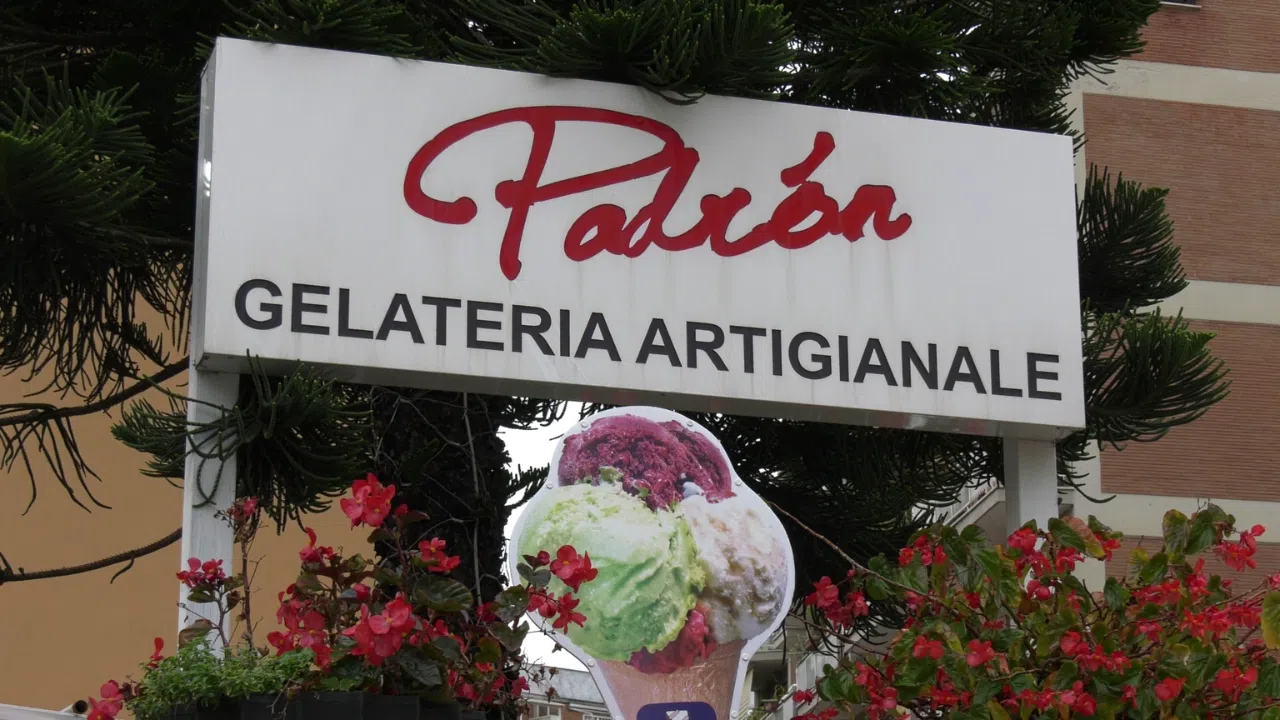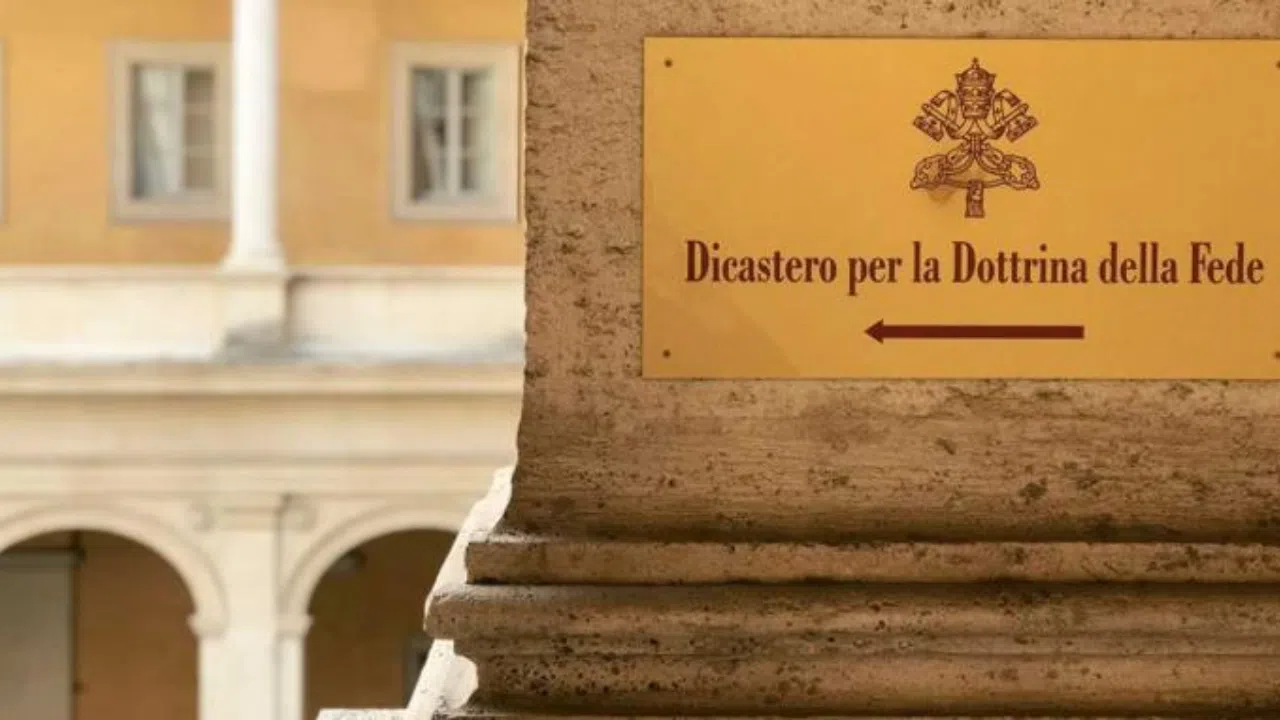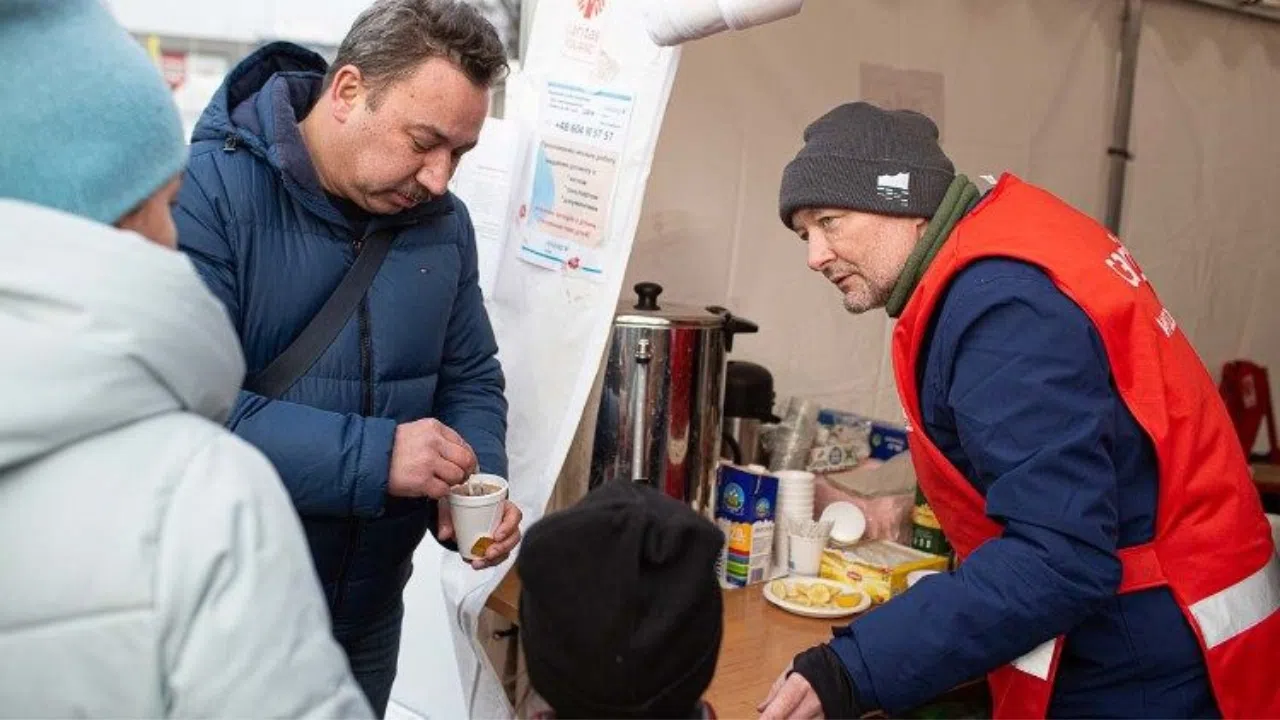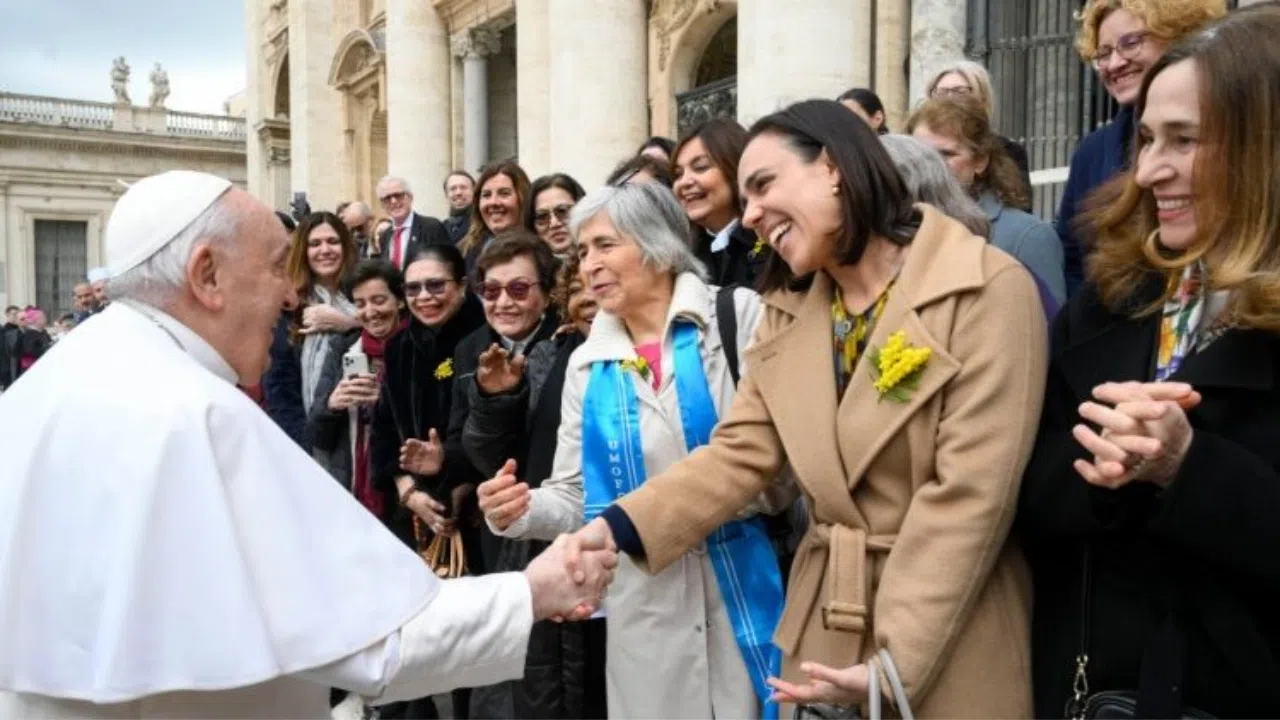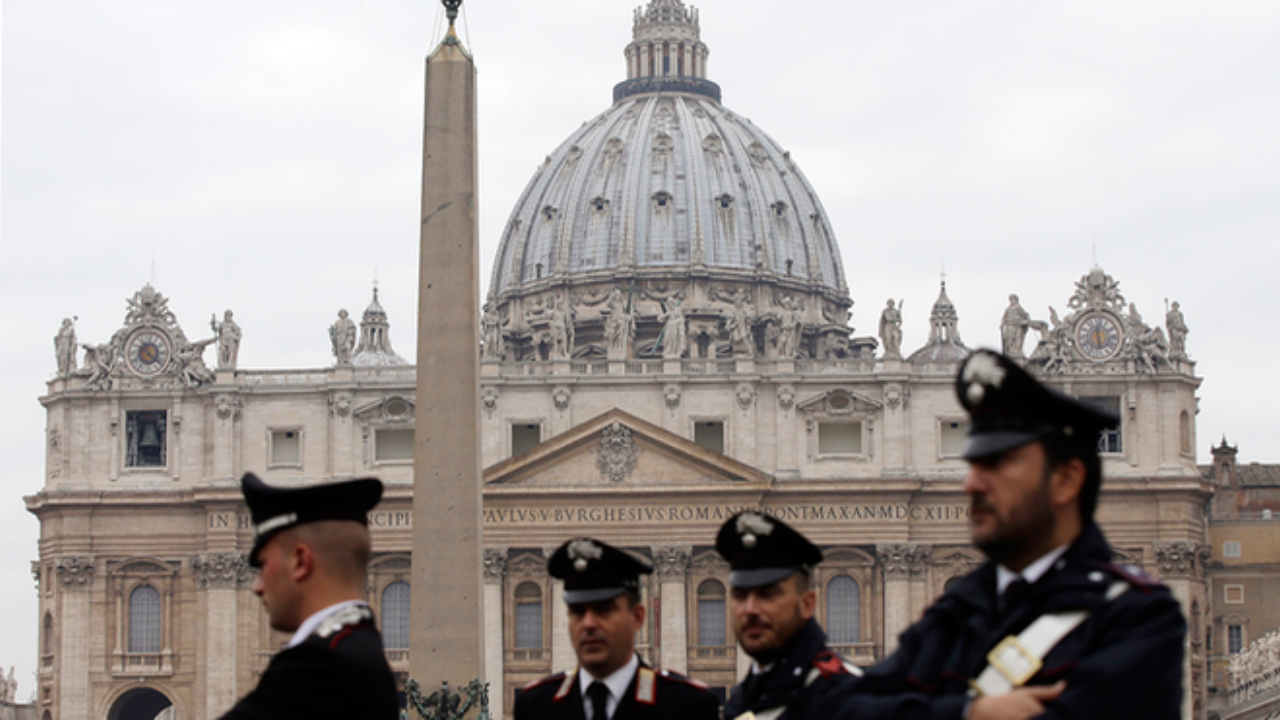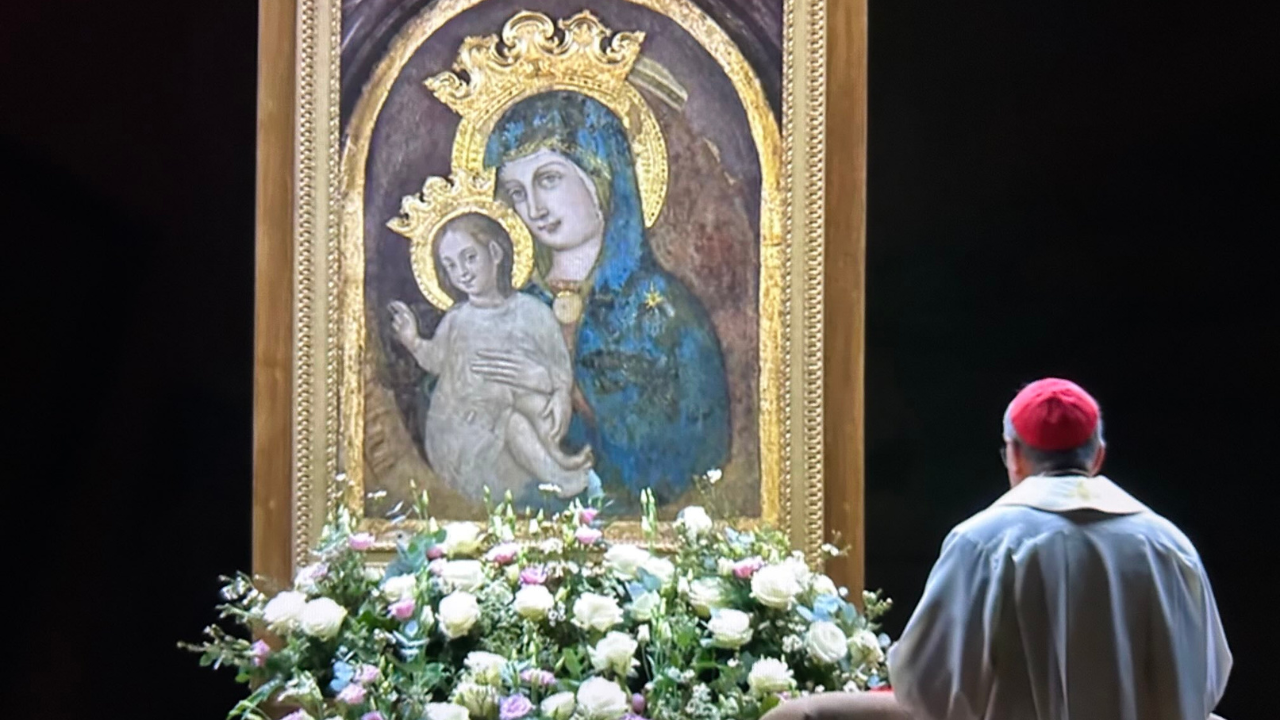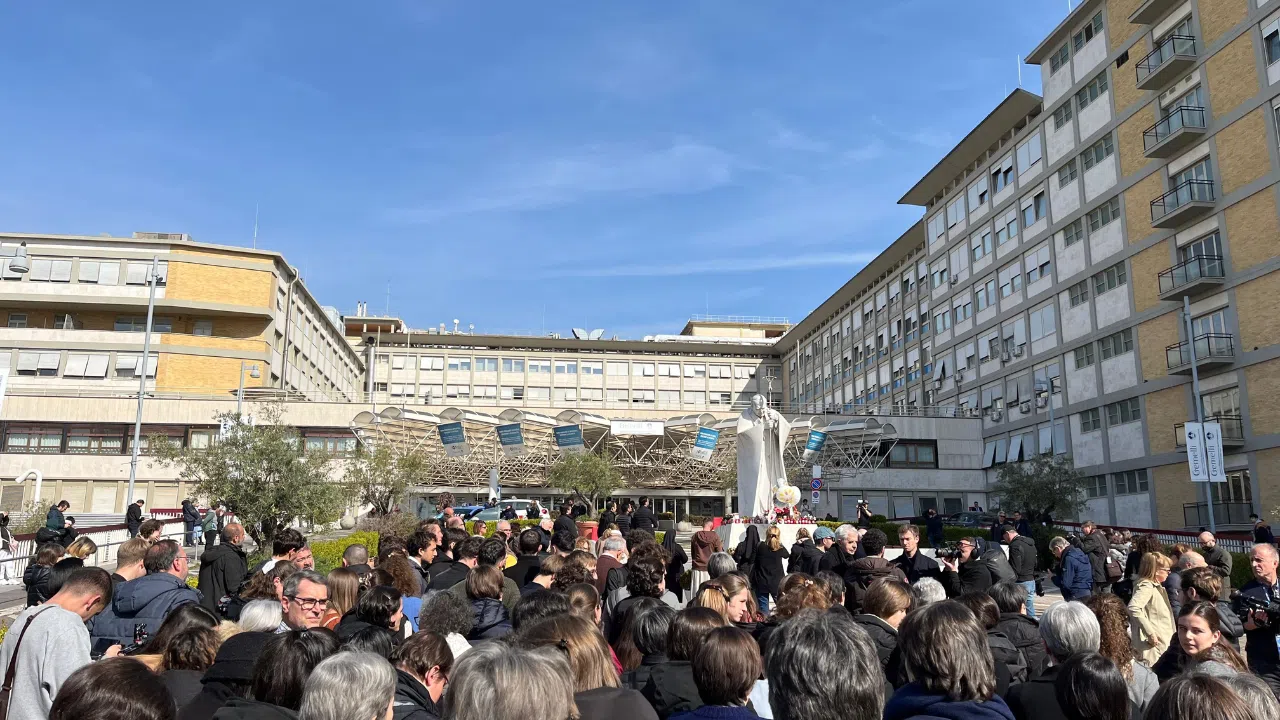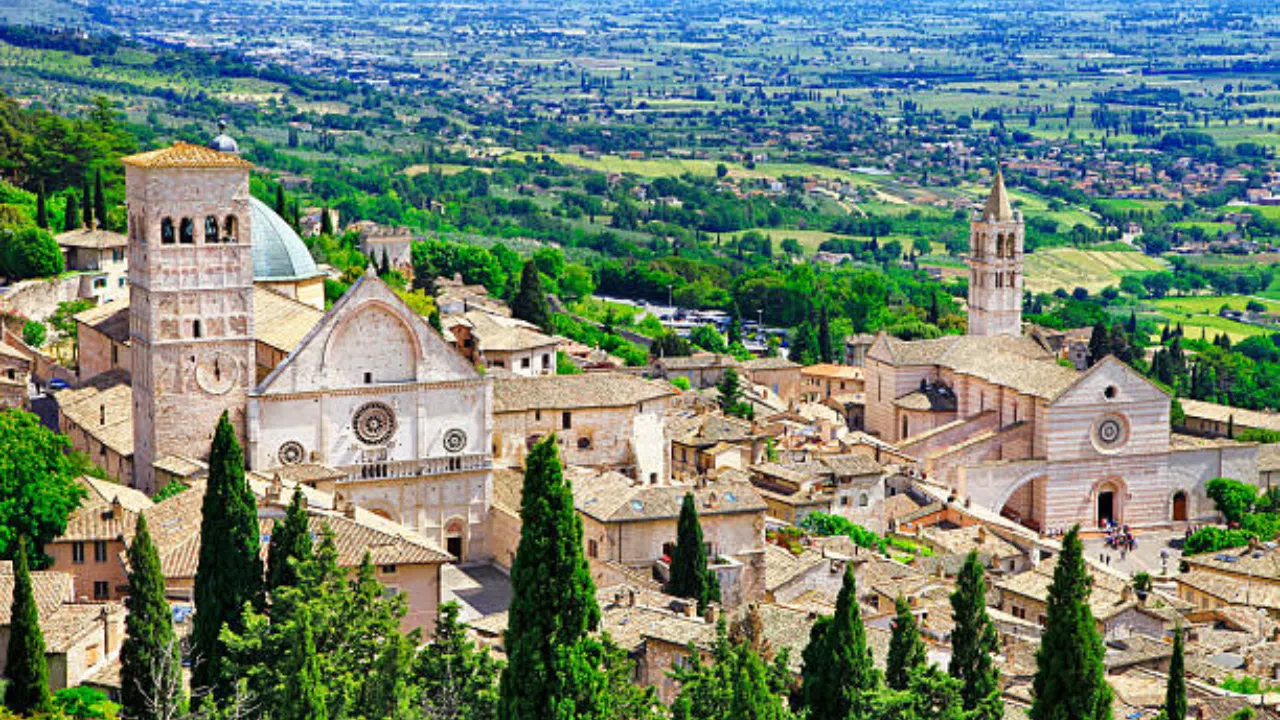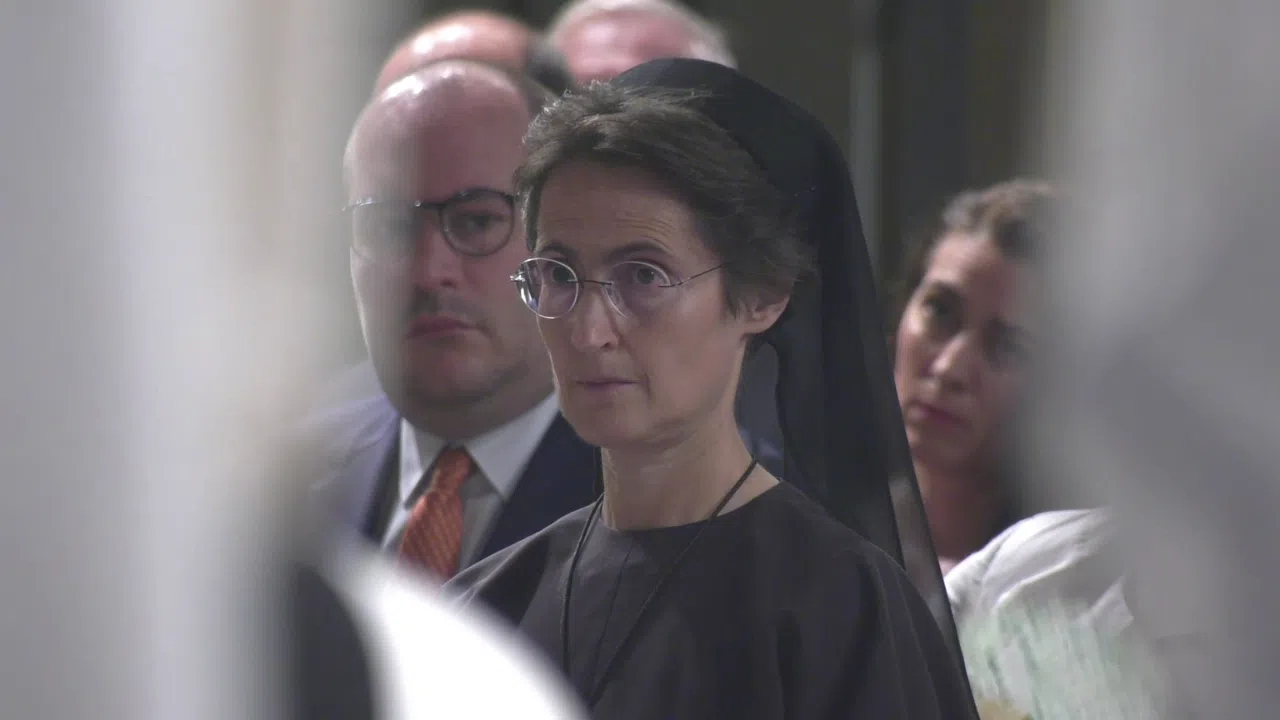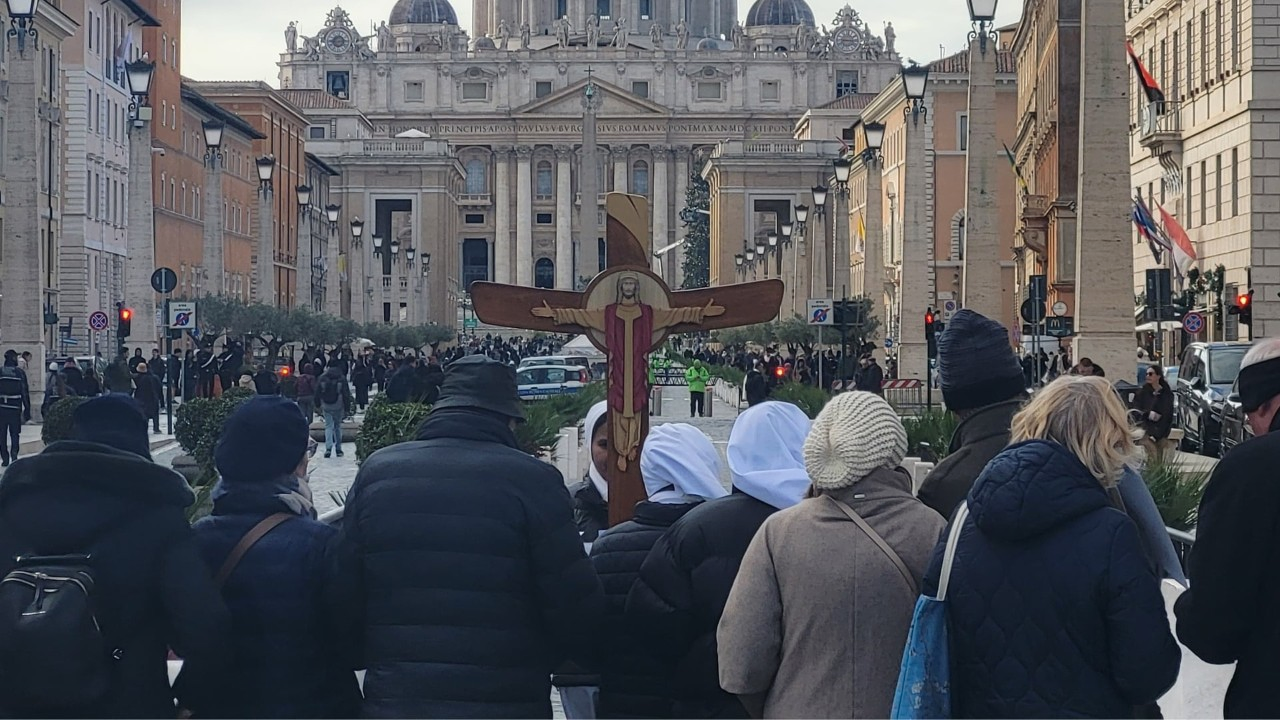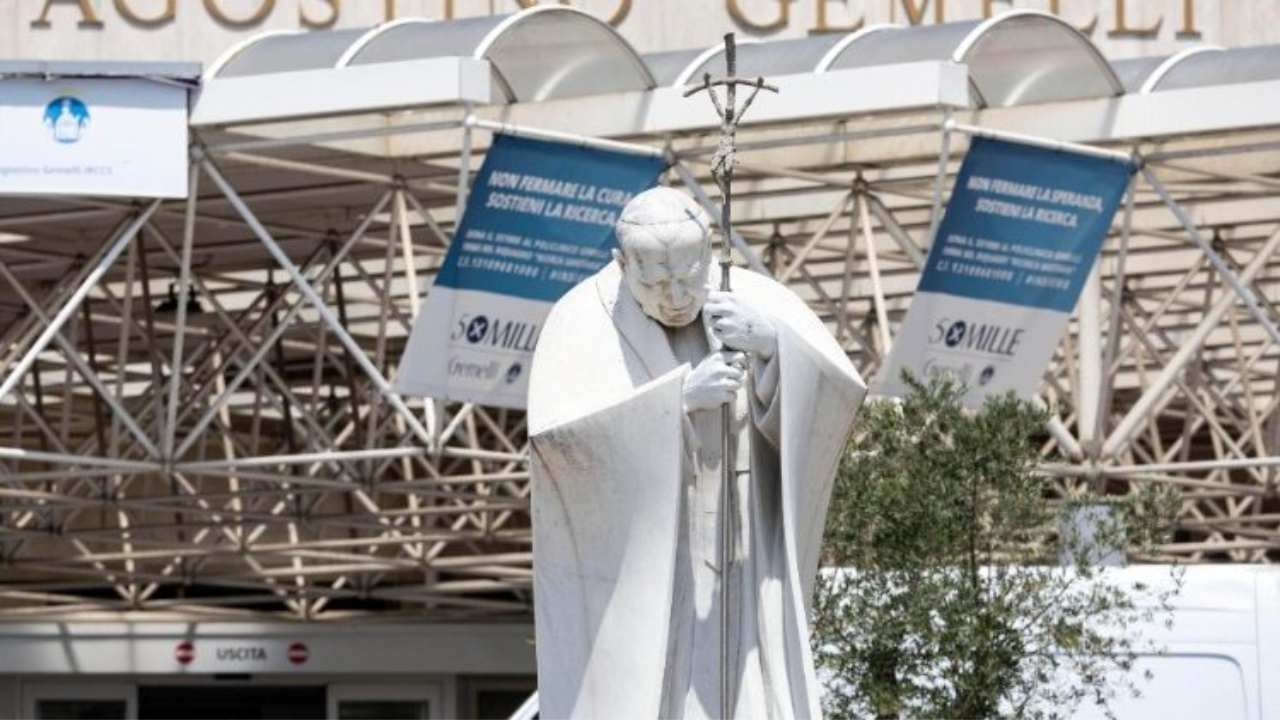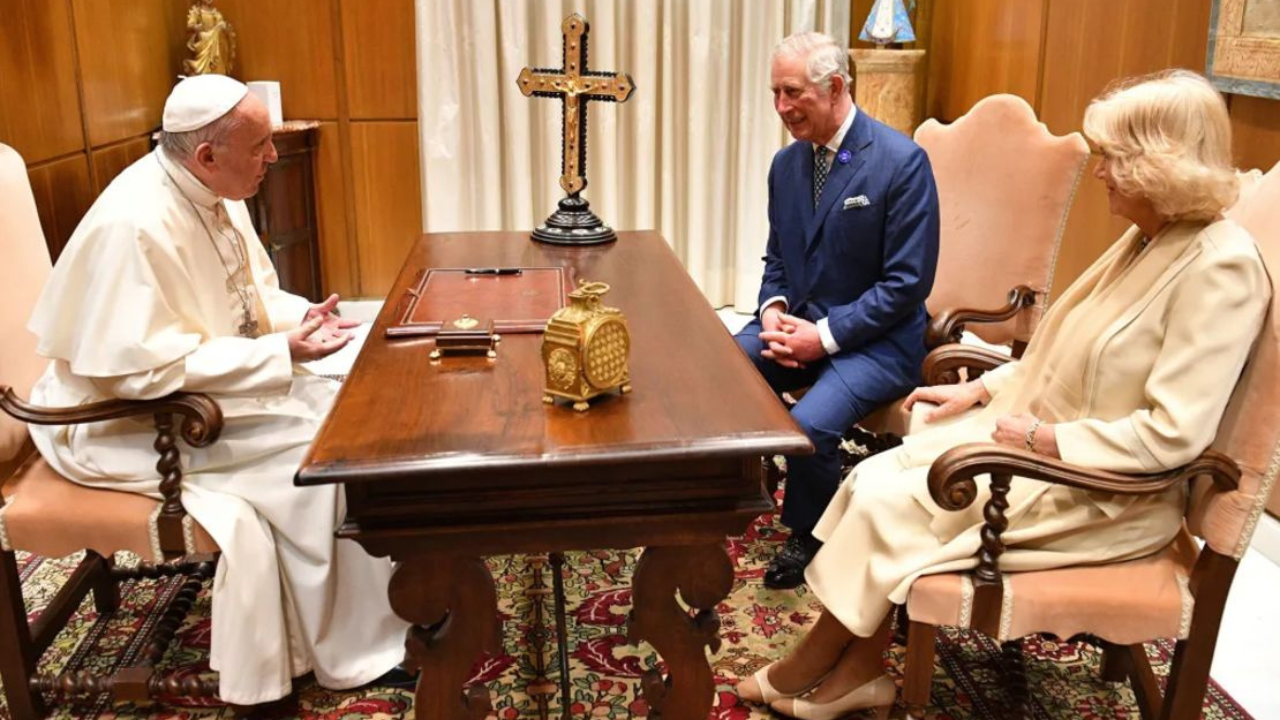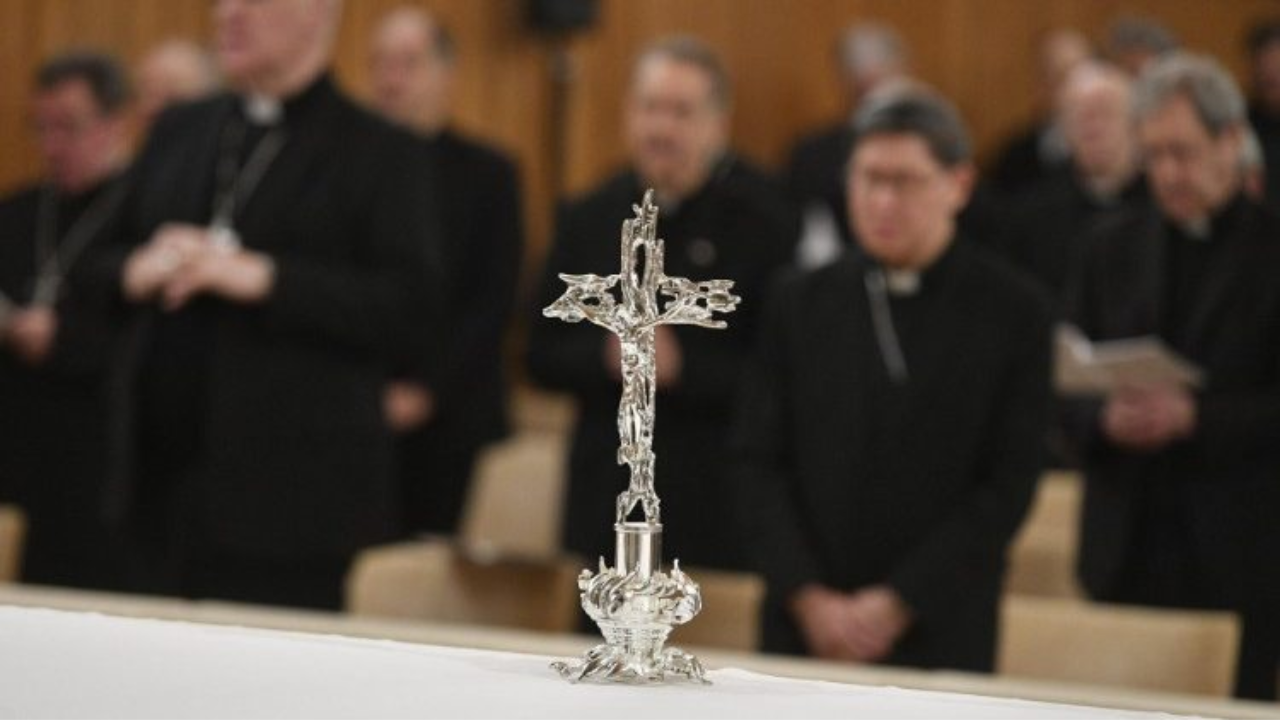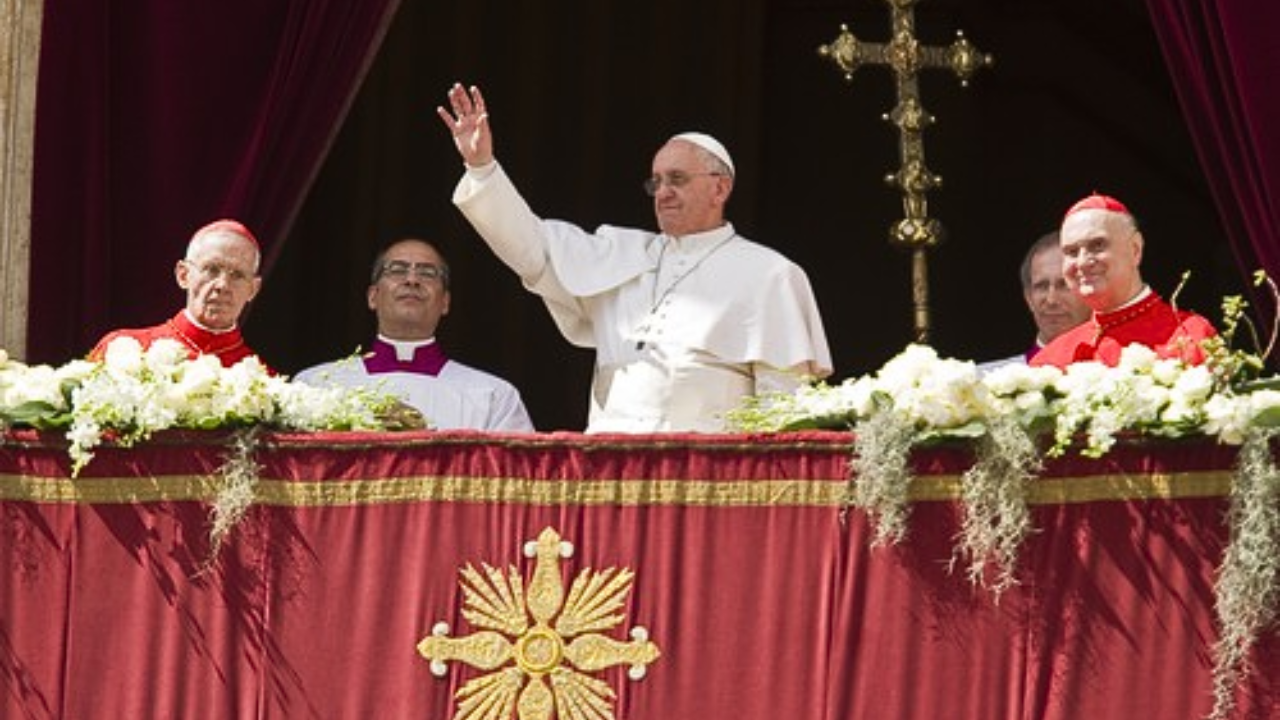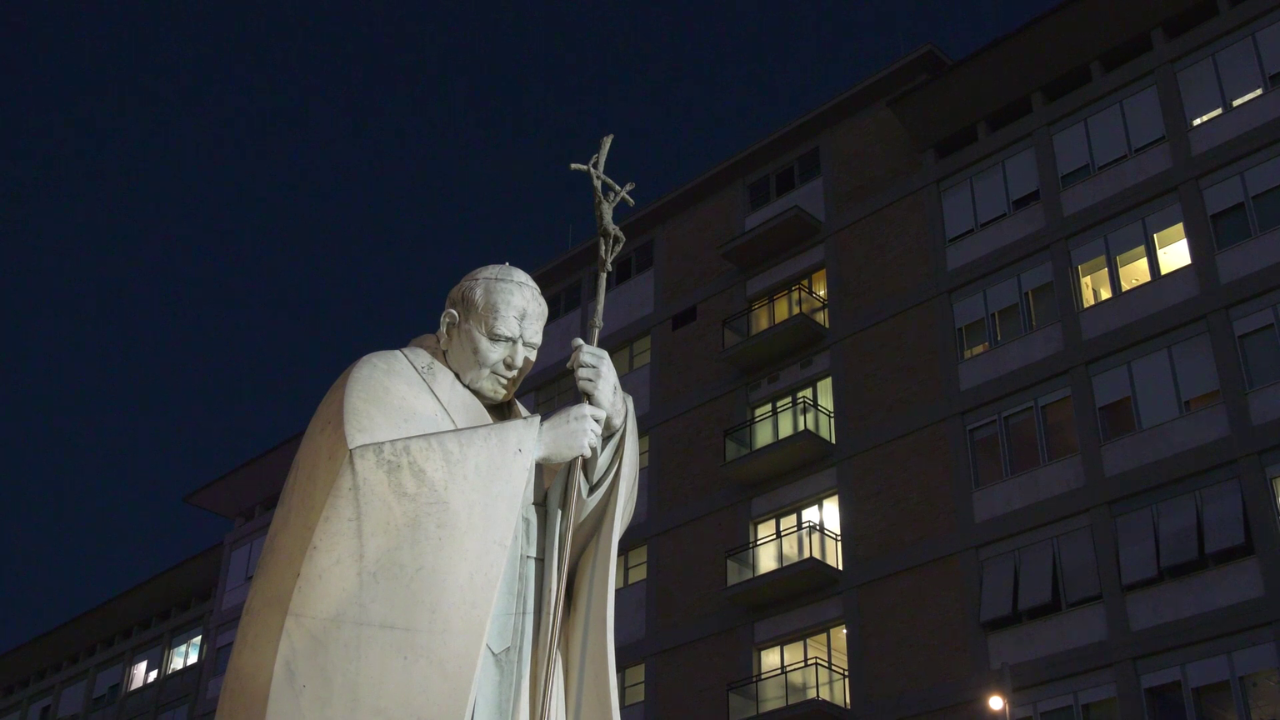There are just a few weeks left before representatives from most of the world's countries gather in Glasgow for COP26, the 2021 United Nations climate change conference.
The UK has been working closely with Italy and the Vatican to make faith leaders key players in the race to achieve net-zero emissions and slow global warming.
NIGEL TOPPING
UK High-Level Climate Action Champion for COP26
“(Faith leaders) have a unique role because many people in both grassroots and in positions of leadership are people of faith. The conversation on climate change is often framed as an economic one, but it's also one of intergenerational equity, of solidarity between the wealthy and the poor, of stewardship, of creation, of nature.”
And what better way to promote solidarity than to act in solidarity? To prove it, the Vatican is hosting “Faith and Science: Towards COP26.” The meeting, scheduled for Oct. 4, is the culmination of months of collaboration between 40 leaders from the world's major religions and 10 leading scientists to prepare an appeal to global leaders.
NIGEL TOPPING
UK High-Level Climate Action Champion for COP26
“The message is, 'You have a responsibility to the citizens that you represent, to take the difficult decisions that are necessary to be stewards of this earth for future generations.”
Nigel Topping acknowledges the gravity of the planet's current situation, and he encourages people who see the environmental crisis as a lost cause to have faith in human creativity.
NIGEL TOPPING
UK High-Level Climate Action Champion for COP26
“We've seen the cost of the technologies we need to tip the scale plummet: solar, wind, battery storage. Now we're seeing green hydrogen, or green steel start to ramp up. So look at the signs of growing ambition and growing action. We know how to make this transition. It really is a matter of political will, which is why the call from, not just leaders, but from communities of faith, to their secular leaders, is so important.”
Topping says reaching net-zero emissions is inevitable, but that it depends on “individual and collective choice whether we do it quickly enough to avert the worst damages.”
CT
